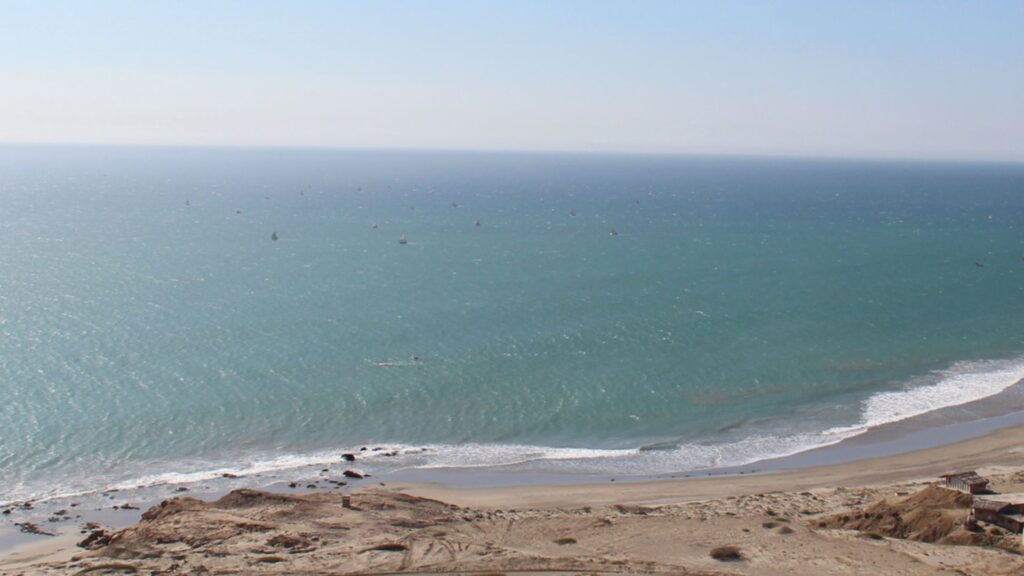WorldXchange Renews Its Climate Positive Commitment and Takes a Step Further with LATA Responsible Tourism Awards Application
At Green Initiative, we proudly celebrate the ongoing climate leadership of our partner: WorldXchange. In 2025, WorldXchange not only renewed its Climate Positive Certification — maintaining its role as the first and only currency exchange company in the world with this distinction — but also took a bold step forward by submitting its application for the prestigious LATA Responsible Tourism Awards 2025 in the Nature-Positive Tourism category. This recognition is a testament to the company’s deep-rooted vision: tourism and finance can, and must, be forces for positive change. Elevating Tourism’s Second Face: From Currency Exchange to Environmental Stewardship WorldXchange operates in Peru’s major tourist corridors, with offices in Lima, Cusco, and Arequipa — cities that are gateways to some of the most biodiverse and culturally rich regions of Latin America. Although primarily a financial service provider, WorldXchange understood early on that its strategic position within airports — the “first and last impression” of many visitors — placed it at the heart of the tourism value chain. In partnership with Green Initiative, WorldXchange adopted a robust Measure-Reduce-Offset (MRV) strategy, achieving verified emissions reductions, supporting reforestation projects in the Amazon region of Madre de Dios, and engaging over 250,000 travelers annually in education efforts about climate, biodiversity, and regenerative tourism practices. Beyond internal transformation, WorldXchange’s leadership helped catalyze broader change: after its carbon-neutral and Climate Positive achievements, Lima Airport updated its concession contracts to require environmental accountability from all vendors — a ripple effect that now influences one of Latin America’s busiest airports. A New Milestone: LATA Responsible Tourism Awards Application This year, WorldXchange has taken another major step by submitting its candidacy for the LATA Responsible Tourism Awards under the Nature-Positive Tourism category. Their application highlights several key achievements: WorldXchange’s story perfectly exemplifies how companies traditionally outside the “green tourism” space can fully embrace regenerative practices — and even lead sectoral transformation. Looking Ahead: Sustaining and Expanding Climate Leadership As WorldXchange continues its journey, the company remains committed to deepening its climate and nature-positive impact. In 2025, it is finalizing its latest carbon footprint assessment and preparing new targets to further lower its emissions and environmental footprint per traveler served. At Green Initiative, we are proud to stand beside WorldXchange as it redefines the role of financial service providers in sustainable tourism. Their achievements are a clear reminder that climate-positive leadership can — and must — be integrated across every link of the tourism value chain. Congratulations to the entire WorldXchange team for their renewed certification, their bold steps forward, and their unwavering commitment to a more sustainable future! This article was written by Ella Baehringer from the Green Initiative team Related reading



